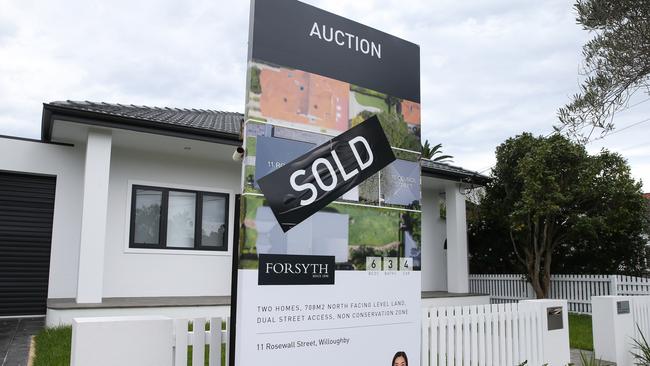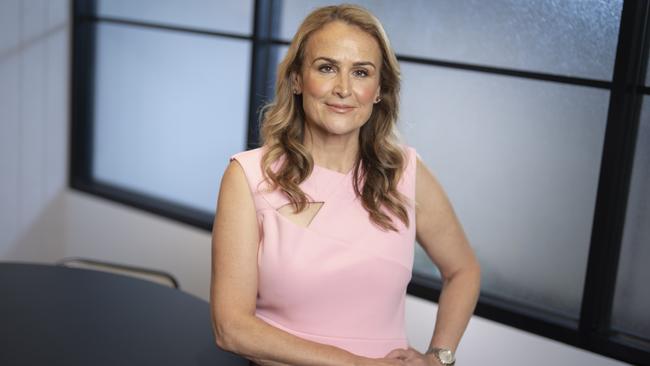Early super access likely to cause ‘spike’ in property prices and rents, Super Members Council says
Coalition plans to allow first-home buyers to use their super for house deposits could cause an almost double-digit spike in property prices and rents, it has been claimed.

Business
Don't miss out on the headlines from Business. Followed categories will be added to My News.
Coalition plans to allow first-home buyers to use their super for house deposits could cause an almost double-digit spike in property prices and rents, according to the Super Members Council.
It warns the inflow of super funds could raise the price for a median property by 9 per cent, with that rise expected to flow through to private rents.
The council’s analysis shows if the price rises are fully passed through, median rents could increase by almost $3000 a year – or about $57 more a week.
Super Members Council chief executive Misha Schubert will outline the findings on Tuesday in a speech to Australia’s business leaders at the Committee for Economic Development of Australia (CEDA).
The Coalition plan would allow first-home buyers to withdraw up to $50,000 from their superannuation to put towards a home deposit.
Ms Schubert said the policy would not create any more homeowners and would leave people worse off financially.
She called for the policy to be dropped and for strong bipartisanship on the preservation of super for retirement.

“A couple withdrawing their super early for a house deposit is projected to be $165,000 worse off over their lives,” Ms Schubert said. “That’s because rents, mortgage repayments, stamp duties and rates would all rise – and people would lose a mountain of money from their super at retirement. It would make life harder financially for young Australians – especially those renting – and make cost-of-living pressures worse.”
However, Coalition assistant spokesman for home ownership Andrew Bragg argued that funds were acting in their own interests, rather than that of their members. “The Super Members Council’s ‘analysis’ is a desperate self-serving scare campaign against super for housing,” Mr Bragg said. “Big Super wants to keep our super under lock and key so they can keep charging $30bn in fees a year. It is like putting Dracula in charge of the blood bank.”
Ms Schubert will argue that using super for a house is unlikely to lead to a material increase in home-ownership rates for individuals as measured at retirement.
She said this was because households still needed to be able to service the loan repayments. “The policy proposal does not increase eligibility for a loan, but rather just brings forward the timing of the eligibility for some people – but further delays it for others,” she said.
In addition, households that reach retirement age having never owned a home are unlikely to have had sufficient superannuation savings by their 30s or even their mid-40s for the early withdrawal of super to make a meaningful contribution to a deposit for a home.
Ms Schubert will argue in her speech that “super is delivering dignity in retirement”.
Originally published as Early super access likely to cause ‘spike’ in property prices and rents, Super Members Council says



